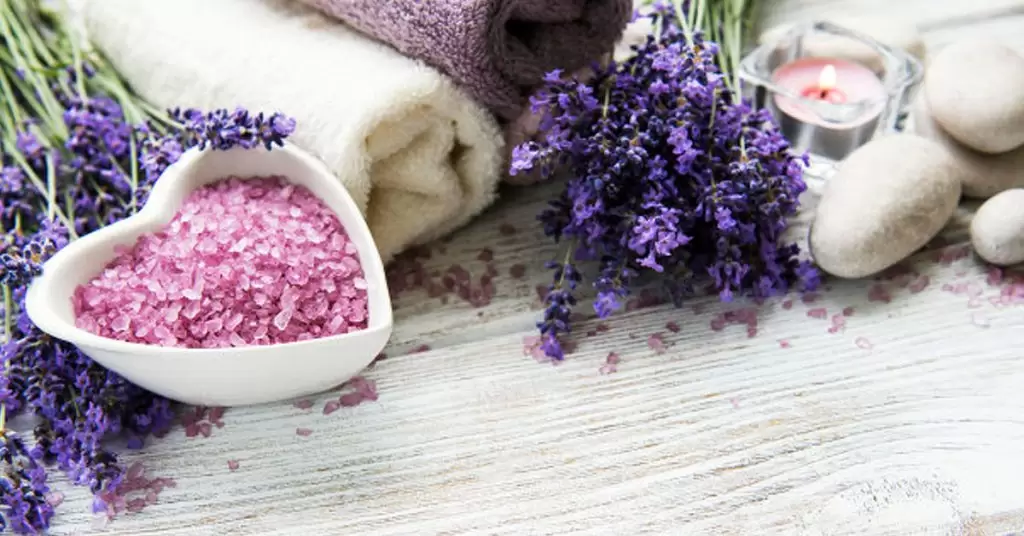Vegetable glycerin is one of the most commonly used elements in the pharmaceutical, cosmetic and food industries. Even if you don’t know it, it is present in many products.
It has a great variety of applications, as well as benefits, which have made it a highly appreciated element in various industries manufacturing products of daily and frequent use.
Come with us to discover a little more about the properties of this ingredient, characterized by its great effectiveness and extensive references.
What is vegetable glycerin?

Vegetable glycerin is a thick liquid of colourless, odourless and sweet-tasting vegetable origin, obtained from plants such as palm, coconut, soya or linseed.
This element is present in all fats and oils in the form of fatty acid ester, and due to its adaptability it is used in many beauty products.
How is vegetable glycerin obtained?

Vegetable glycerin is obtained from an extraction process called hydrolysis, where unsaturated fats are fixed by the action of temperature, pressure and water.
During this process, the unsaturated fats present in the glycerin are separated and the glycerin is absorbed by water, resulting in refined glycerin with fewer impurities.
When purified, vegetable glycerin acquires an oily texture ideal for the preparation of toothpaste, shampoo and lotions.
Characteristics of vegetable glycerin

As we have told you, it is a very versatile product, used in a good number of companies dedicated to the manufacture of beauty, personal care and food products.
Among the main characteristics of vegetable glycerin we have:
- It is a thick substance, without flavor or color.
- It is extracted from 100% vegetable fats.
- It has an oily texture.
- It is soluble in both water and alcohol.
- It has a conditioning and fixing effect.
Properties of glycerin

Being an element that comes from nature, glycerin has properties that stand out not only in the pharmaceutical sector but also in the cosmetic one
Glycerin has moisturizing, emollient and hypoallergenic properties.
Moisturizing properties
Some of the moisturizing properties of glycerin, very appreciated in the cosmetics manufacturing industry, are
- Attracts and retains water to conserve moisture
- Maintain the level of hydration in the skin.
- To evaluate the moisturizing power of other active ingredients.
Emollient properties
The emollient properties of glycerin focus on the care and protection of the skin.
- It moisturizes and softens the skin.
- Reduces the depth of wrinkles.
- It favours the absorption of emulsions.
Hypoallergenic properties:
The hypoallergenic properties of glycerin stand out in the pharmaceutical industry, because it can be consumed by anyone without risk of allergy.
- It is ideal for the elaboration of medicines and treatments for skin conditions.
- It is used to make hand soaps and gels.
- It is a perfect ingredient to fight acne since it can be used in sensitive skins.
Benefits of using vegetable glycerin

Glycerin has countless benefits that can be seen reflected in the various areas of action where it is applied, among them we have
- It increases the skin’s elasticity and helps to soften the skin.
- Fights expression lines and wrinkles.
- It soothes irritation, inflammation and mosquito bites.
- It is used to cure wounds, eczemas and dermatitis, favouring the process of skin recovery.
- It has a protective action on the skin and can be used on different types of skin.
- Helps maintain skin moisture to nourish dry skin.
Uses of vegetable glycerin

There are many uses and applications for vegetable glycerin. This natural product has properties that define its usefulness and highlight the characteristics of vegetable glycerin.
Uses of vegetable glycerin in the food industry
- It is used as a moisturizing and sweetening cone.
- It is present in the production of drinks, products for diabetics, chewing gum and bakery.
- In prepared foods it is used as a thickener, stabilizer and preservative.
Uses of vegetable glycerin in the cosmetic industry
- It is used in the preparation of lotions, moisturizers and soaps that help moisturize the skin keeping it soft.
- It is used for the care of sensitive skin and for the treatment of acne prevention.
- It is used for the elaboration of moisturizing masks.
- It is effective for the care of dry and brittle hair.
- It soothes irritation of the scalp.
- It is used to make hand sanitizing gels.
Uses of vegetable glycerin in the pharmaceutical industry
- It is used as an active ingredient in some medicines such as syrups, laxatives, suppositories, ophthalmic remedies and for oral health.
- Function as a lubricating and binding agent in various products.
- It is used in the preparation of toothpaste, deodorants and make-up.
- It can be used as a natural substitute for alcohol.
- Because of its composition it is ideal for the production of natural remedies.
- It is used with electronic cigarettes and vaper.
- It is used to make lip balm, which helps the process of regeneration of the skin of the lips.
Recommendations and care when using vegetable glycerin

For the proper preservation of vegetable glycerin it is necessary to keep it in a dry, cool place, away from light and combustion sources, as it is a flammable element.
The excess consumption of vegetable glycerin can cause adverse reactions such as constipation and diarrhoea.
Other adverse reactions that can occur from ingesting excess vegetable glycerin are: dizziness, nausea, vomiting, headache, difficulty in breathing and stomach discomfort, in some people there have been cases of excessive thirst.
In this situation it is necessary to apply a small amount of vegetable glycerin on the skin to confirm that none of these reactions occur.
To be on the safe side, ask your doctor if you can use natural glycerin – whatever it is – and what is the recommended amount for your condition.

